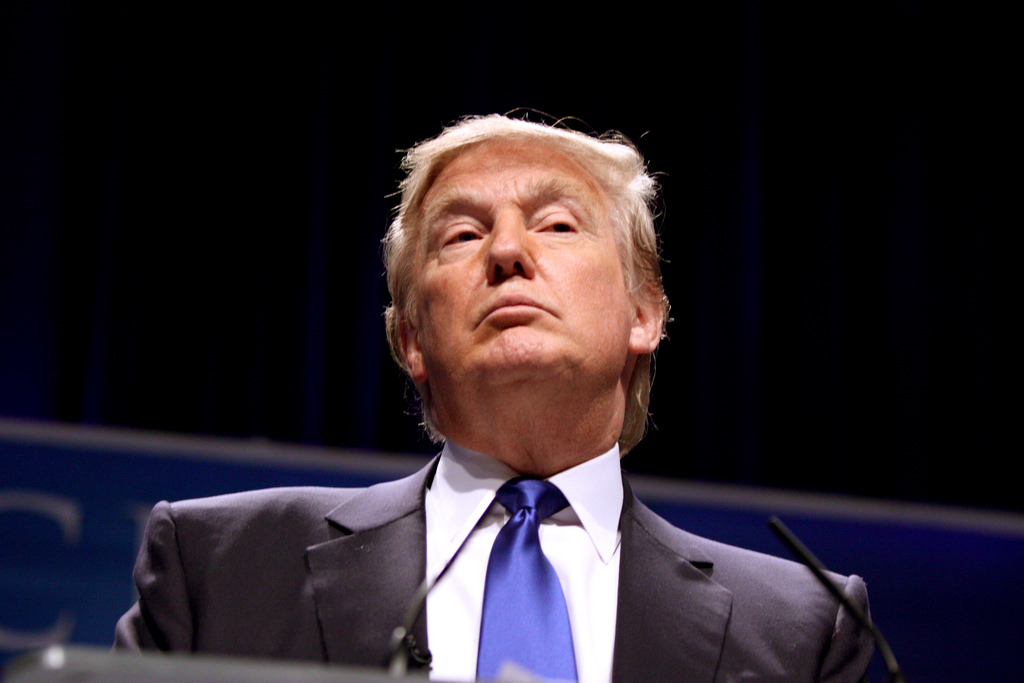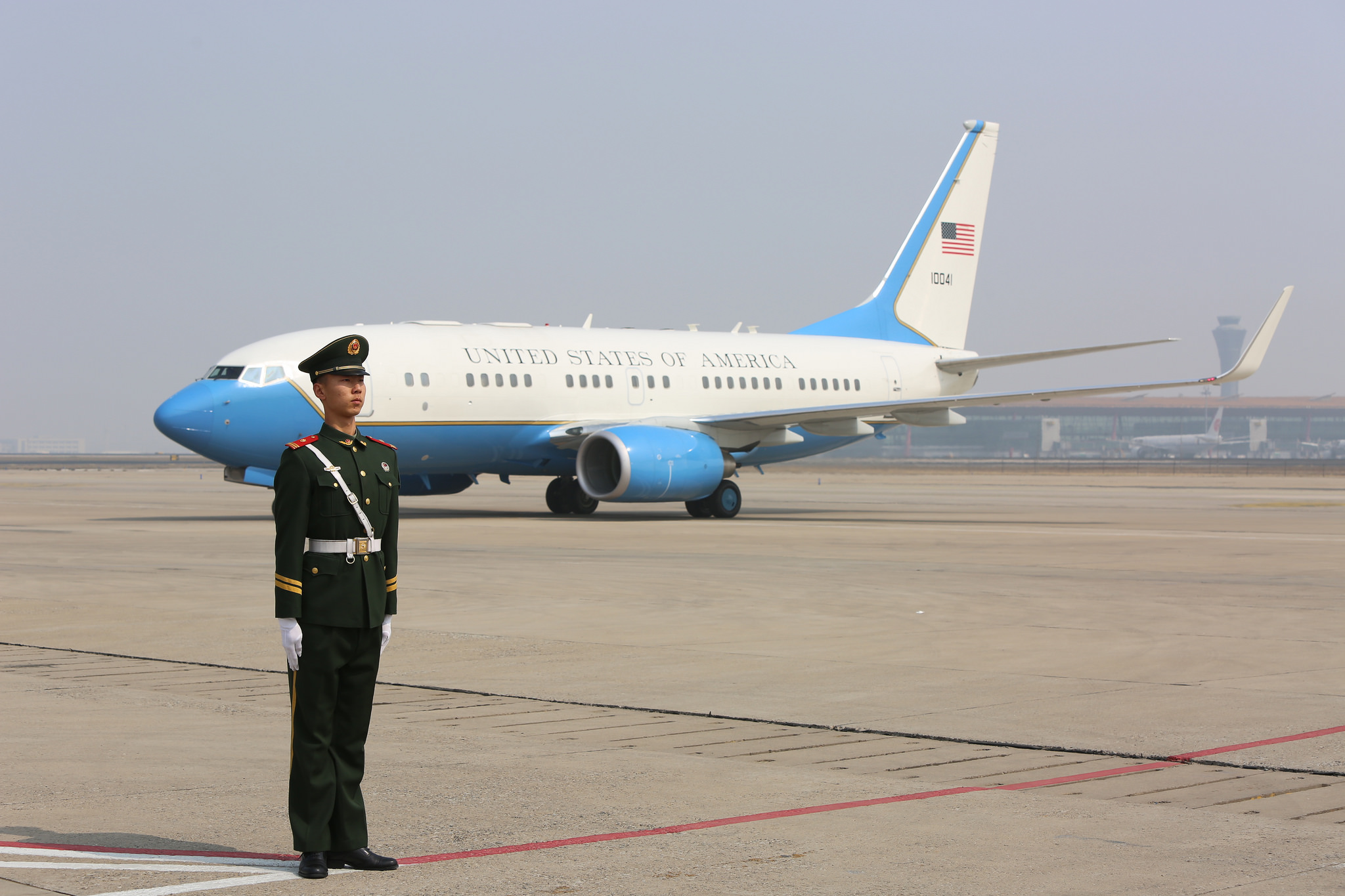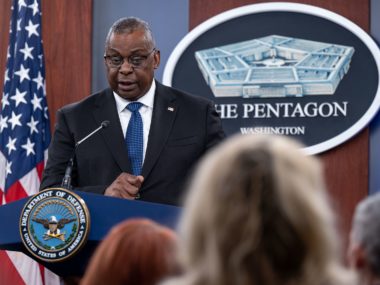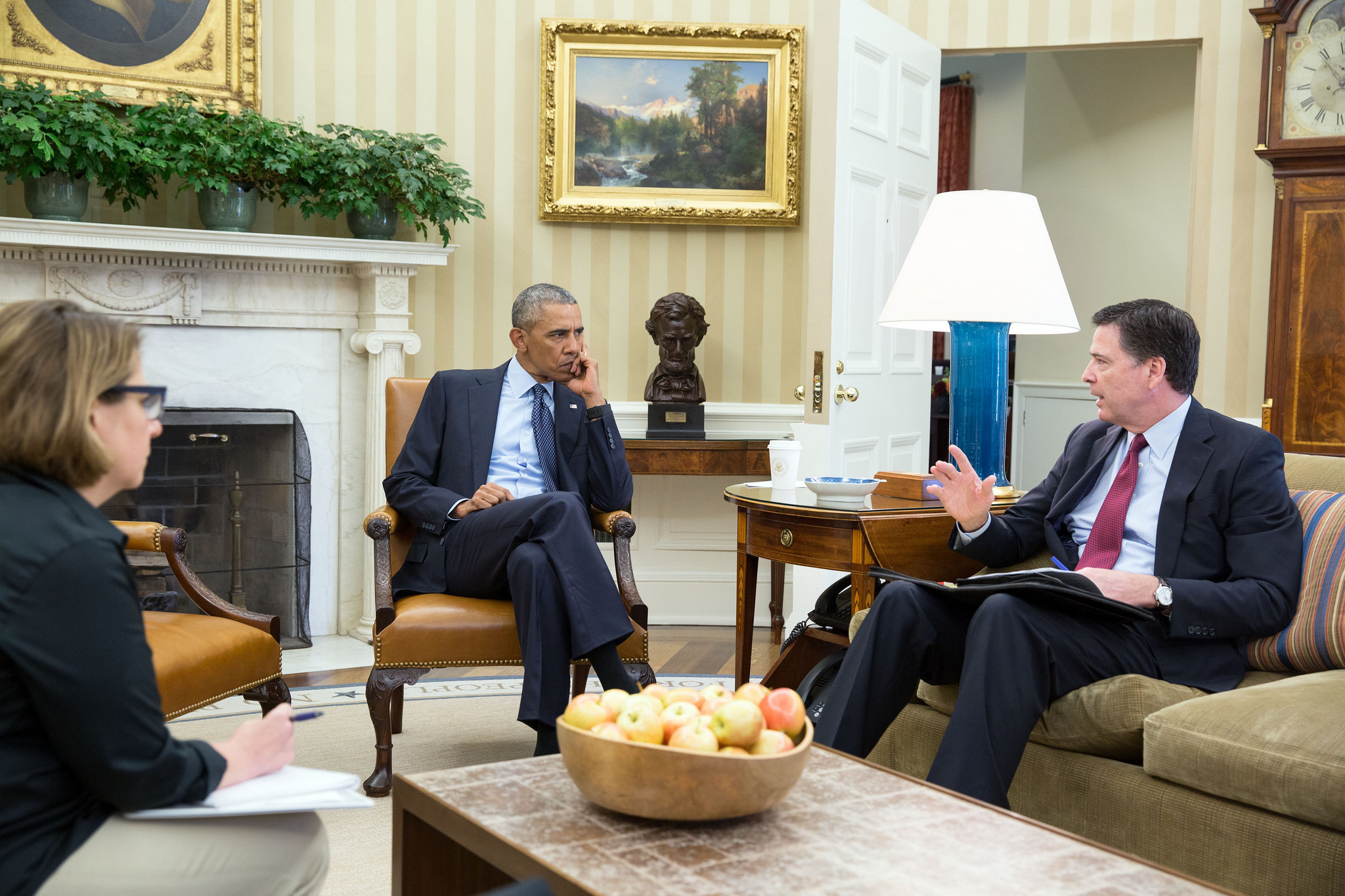By Marina Henke.
Many pundits have suggested that President Trump thinks of diplomacy in transactional terms. Taking in refugees from Australia? What a dumb deal. Stationing 28,000 US soldiers on the line in South Korea for nothing in return – that’s another dumb deal. “We’re taking advantage of by every nation in the world virtually” – that’s the world according to President Trump at last week’s Prayer Breakfast: So what does transactional diplomacy actually entail? Is it a completely new phenomenon? And what are the likely consequences?
At its core, transactional diplomacy is based on a quid pro quo logic: I don’t do anything for you if I don’t get something in return. Moreover, transactional diplomats perceive a zero-sum world. What benefits you does not benefit me. That’s why if I help you, you need to pay me for it. In a transactional world, the quid pro quos – or ‘deals’ – that states can engage in are almost infinite. In essence, if transactional diplomacy is practiced in full force, every cooperative move – whether in the economic, institutional, or security spheres – becomes a fungible and potentially tradable asset. Military basing rights, overflight rights, transit rights, intelligence sharing, police cooperation, immigration, arms control, trade, the environment, finance – you name it.
The logic of quid pro quos is, of course, nothing new in US diplomacy. Usually such exchanges are called “side-payments” or “issue-linkages.” For example, the United States (and many other countries) frequently use them to win UN Security Council or UN General Assembly votes (see here, here, and here). Moreover, my own research has shown that no US-led military coalition since 1945 has been constructed without at least offering some side-payments and issue-linkages to reluctant allies (see here, here and here). Side-payments and issue-linkages have also been critical determinants of successful international negotiations on economic sanctions, human rights, international trade and environmental agreements – to name just a few areas.
Nevertheless, what seems to change now under a Trump presidency is the tone which is used to negotiate such deals. Until now, these transactions were couched in language that often hid the transactional nature of the agreements. Instead, to maintain the legitimacy of the deal, both sides often went to great length to keep up the image that any cooperative agreement was indeed intrinsically motivated by both parties: both actors equally cared about the cooperation outcome and thus the provision of an external sweetener was unnecessary. As a result, most of these deals were negotiated in secret and any attempts to publish the quid pro quos were avoided. Moreover, on many occasions, the quid pro quos were divvied up over time. States did not ask for anything specific in return at the time of a particular policy action (e.g., accepting refugees from Australia). Instead, they banked “goodwill” in the partner country which could be retrieved at another moment.
A famous example of such retrieval of goodwill happened when US Secretary of State James Baker III approached Germany to pick up parts of the Gulf War bill in 1990. In his memoirs, Baker recalls that he told the German chancellor on his visit to Bonn: “We worked very closely in the last year to meet your needs [re German reunification]. I think we’ve done a good job, and it wasn’t always easy . . . It’s a wonderful achievement for all of us, but we have some needs now [i.e., we need financial help with the Gulf War].” Of course, in the security realm, especially among alliance partners, these goodwill accounts take on a different and more complex dimension. The logic, however still remains the same. If you help your ally at one point, they will help you at a later point. It’s a friendly tit for tat (the NYT lists these ‘indirect’ benefits here).
So what is likely to change if Trump switches to transactional diplomacy on steroids? First, many quid pro quo negotiations will become politicized. By making these negotiations public, the United States – but also third parties – need to defend their deals to domestic audiences which often greatly limits the political leeway diplomats hold. Second, a deleterious propensity toward profit is likely to infiltrate many, if not all, global interactions. If the US wants other countries to pay up, they will likely ask for the same. Third, it is unlikely that the United States will always come out on top of those deals. The US government actually paid a small fortune to Kyrgyzstan for housing a US military base critical for US operations in Afghanistan. Kyrgyzstan knew how much the United States needed that base – a fact which substantively increased its bargaining power. Fourth, in a transactional world, states have an inherent interest in limiting their cooperation commitment to a strict minimum to ensure their ‘profit margins.’ In other words, no state has an interest to perform its mission or cooperation commitment to the fullest (i.e., choose the most effective solution no matter the costs) but rather to restrict its involvement to a degree that is minimally necessary not to jeopardize the deal. And finally, President Trump has a tendency to think that the United States is the only country that can provide “services” to the rest of the world. But again that’s a fallacy. In a transactional world, all states have tradable and marketable assets – or at least can develop them. Many countries might then ask: Maybe China or Russia can deliver cheaper “services” than the United States? Or, maybe my country should develop these capabilities (e.g., nuclear weapons) on its own? Why rely on a third party?
Deals and quid pro quos are nothing new in US diplomacy. Nevertheless, President Trump is likely to take transactional diplomacy to a new level. This new way of doing diplomacy is likely to change how the world perceives the United States and also how diplomacy is conducted more broadly. Time will tell whose deals are actually the ‘dumb’ ones.








1 comment
I see how transactional diplomacy and public scrutiny can elevate immediate reciprocity over diffuse, long term reciprocity. But how would transactional focus on immediate payoffs affect linkage and side payments? I’d assume it would encourage it, though the greater politicization and public scrutiny might complicate things?